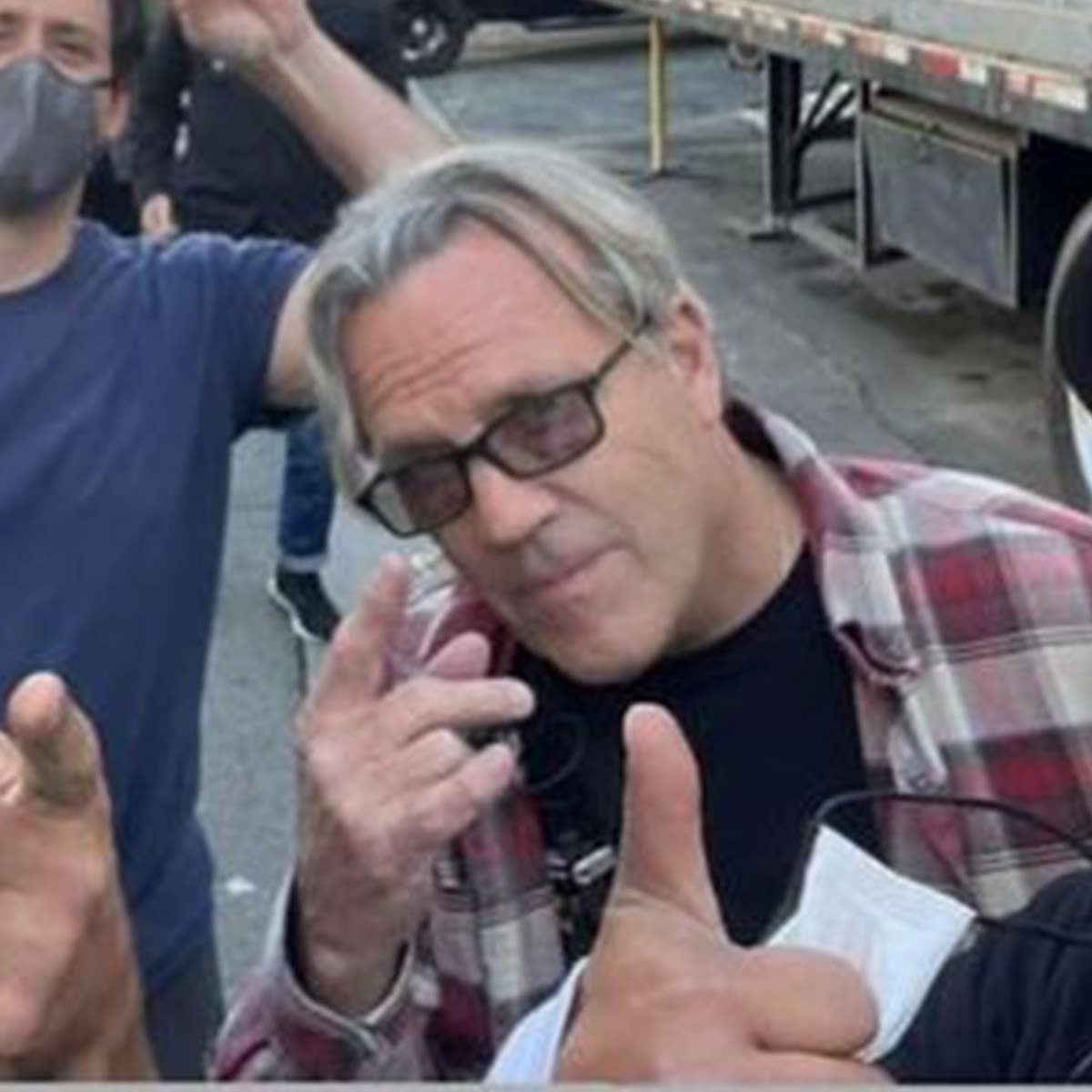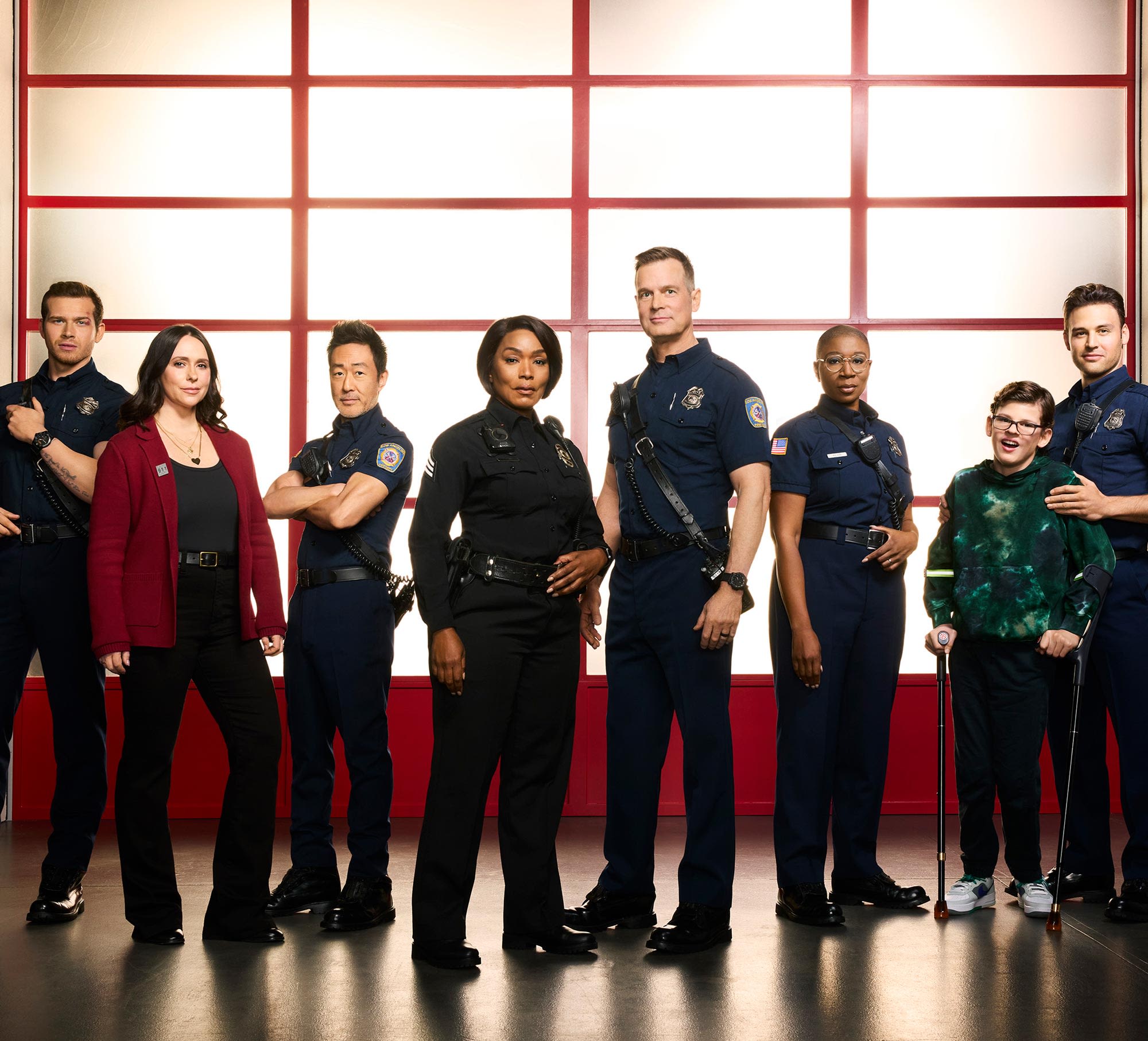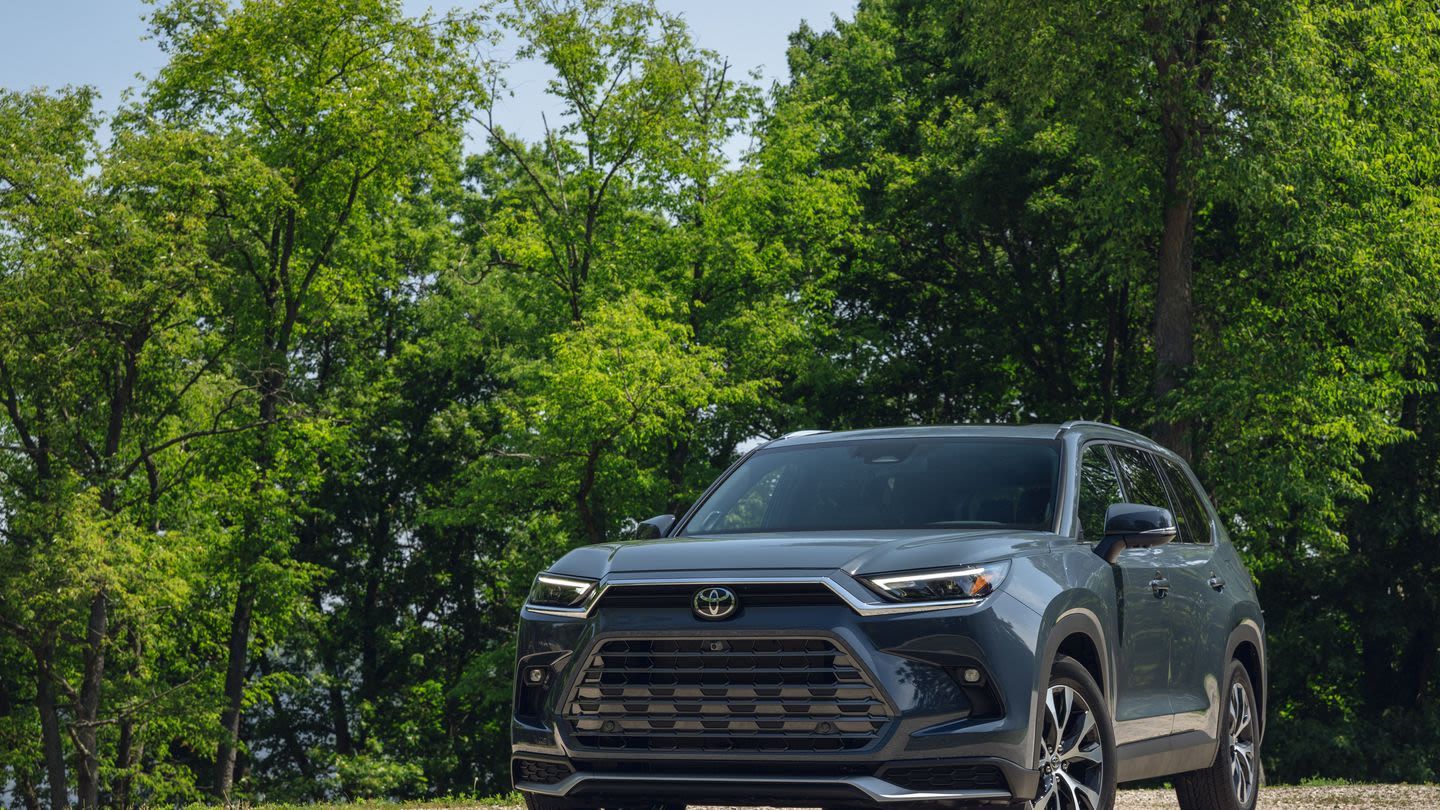Search results
Recommended steps to take
- Stay calm and check for injuries.
- Move impacted vehicles out of traffic.
- Call the police to report the accident.
- Exchange info & take pictures.
- Start the claims process.
- How do I know if my child is injured?
- •How can I help my child recover from an injury?
- •What is the best way to file a claim for my child's injuries?
Is this helpful?
People also ask
What should I do if I'm in a car accident?
How do you prevent a car accident?
What should I do after a car crash with the other driver?
- Determine whether anyone is hurt. Never leave the scene of an accident, even a minor one. Your first priority is safety; everything else can wait, says Rob Luna, group manager of auto claims at AAA in Costa Mesa, California.
- Get yourself and your vehicle out of danger. If you’re not injured and the accident was minor, carefully drive your car to the side of the road, so it doesn’t impede traffic.
- Contact the police. Although it’s important to report the accident, police in some areas may not respond to a minor collision if there are no injuries, Luna says.
- Collect important information. Use your cellphone camera to take pictures of documents or, with pen and paper, get the name, address, phone number and driver’s license number of everyone involved in the accident.
- What to Do Immediately After A Collision
- Secure Kids, Pets, Seniors and The Disabled
- Calling An Ambulance Or Law Enforcement
- Talking to The Other Driver
- Don’T Make Deals About Damage Payments
- Collecting The Right Information
- Starting An Auto Insurance Claim After An Accident
- Finding Fault For A Car Accident
The first thing you should do, if possible, is pull your car over to a safe, well-lit place nearby, preferably a public one where others can see both you and the other driver. That’s especially true “if you are bumped from behind and think you might be the intended victim of a staged accident,” says Scott Holeman, spokesperson for the Insurance Inf...
It’s easy after a car accident to get distracted and make mistakes you otherwise would not with loved ones and pets that might lead to additional injury. If this is a fender bender or minor collision, don’t leave young children, pets, disabled adults or non-ambulatory elders in a hot, locked car after the accident. Just as you wouldn’t leave them i...
After you and your vehicle are in a safe place, check to see if you or anyone in your vehicle at the time of the accident has injuries. Call fire and rescue or an ambulance if someone shows even minor harm from the accident. You’ll want to get medical help for yourself or others right away, especially if the injured are children, elders or incapaci...
Determine you’re safe talking to the other driver, and if you can do so calmly, without police help. “If there is any sign road rage may have played a role in the accident, use extra caution when you talk with the other driver,” warns Holeman. Once you’ve determined it’s safe, “Secure and conceal any valuables before exiting the vehicle,” advises P...
Don’t make any side deals with other drivers to accept or pay cash for the accident instead of filing an insurance claim, even if the other driver offers a significant sum or claims they have no auto insurance. Holeman warns that “making a ‘handshake deal’ with cash on the scene could expose you to major expenses down the line.”
By this point, you’ve had to take so many steps to secure yourself, loved ones and the vehicle, you might forget to collect some important information. That’s why consistently keeping your documents in order is essential. “You should always keep important information in your car, like registration, proof of insuranceand the name and phone number of...
It’s important to contact your insurance company as soon as possible after an accident. “This will help expedite the claim process and they may be able to assist you with other services that may be included in your policy,” says Passmore. While information about the claims processis often on an insurer’s website or mobile app, ask clarifying questi...
After you make a claim, providing all the information the insurer requires, insurance adjusters determine the fault and what you’ll receive for repairs or to replace your car if it’s totaled. Passmore summarizes how fault determination works: “The insurance adjusters for each company will gather the facts regarding the accident and, based on the de...
- Don't Leave the Scene. Don't leave the scene of the accident until you've exchanged information with others involved in the crash. If a law enforcement officer is investigating, don't leave without permission from the officer.
- Check for Injuries. Figure out if anyone was injured, starting with you and your passengers. Then, if it's safe to do so, check on other drivers and passengers.
- Call the Police. If you've called 911, a police officer will likely be dispatched to the accident. If no one appears to be injured, you have to call the police if property damage exceeds a certain amount set by state law (typically around $1,000, but less in some states).
- Move Vehicles. If the accident is fairly minor with no serious injuries, try to get all vehicles moved over to a shoulder and outside the flow of traffic.
Learn what you can do at the scene of a car accident to stay safe and protect your passengers & property. Also, what you may need to file a claim & more.
News about car accident, Teresa Giudice, South Carolina
News about Rico Priem, car accident, cardiac arrest
Also in the news
- Check for injuries. After the car accident, immediately determine whether anyone is injured. If so, call 911 to get an ambulance and police on the scene.
- Move to a safer area. If the vehicles involved are still operational, get them to the shoulder or off the main road. Make sure to pull completely off the road to avoid being hit by approaching vehicles.
- Exchange information and document the crash. State laws vary on how much information you’re expected to give at the scene of an accident. Generally, you need to provide only your name and your insurance information to any other drivers involved.
- Determine what insurance coverage would apply. How the insurance claims process shakes out for you after a car accident depends on who was at fault and on the types of coverage you and the other driver have.
Sep 9, 2016 · Gather as much information as safely possible. Sketch out the accident and positions of the vehicles involved. Note the exact location of the crash and how it happened. Record the date, time, weather, and road conditions when it occurred.
May 2, 2019 · Auto Accident Checklist. Follow this checklist after an accident. When you're certain you and others are safe, use this simple checklist to help you at the scene of the accident and when you file a claim. Report a claim. What to do after an accident. Step 1 Stay safe. Move your vehicle off the road if it's safe to drive.






